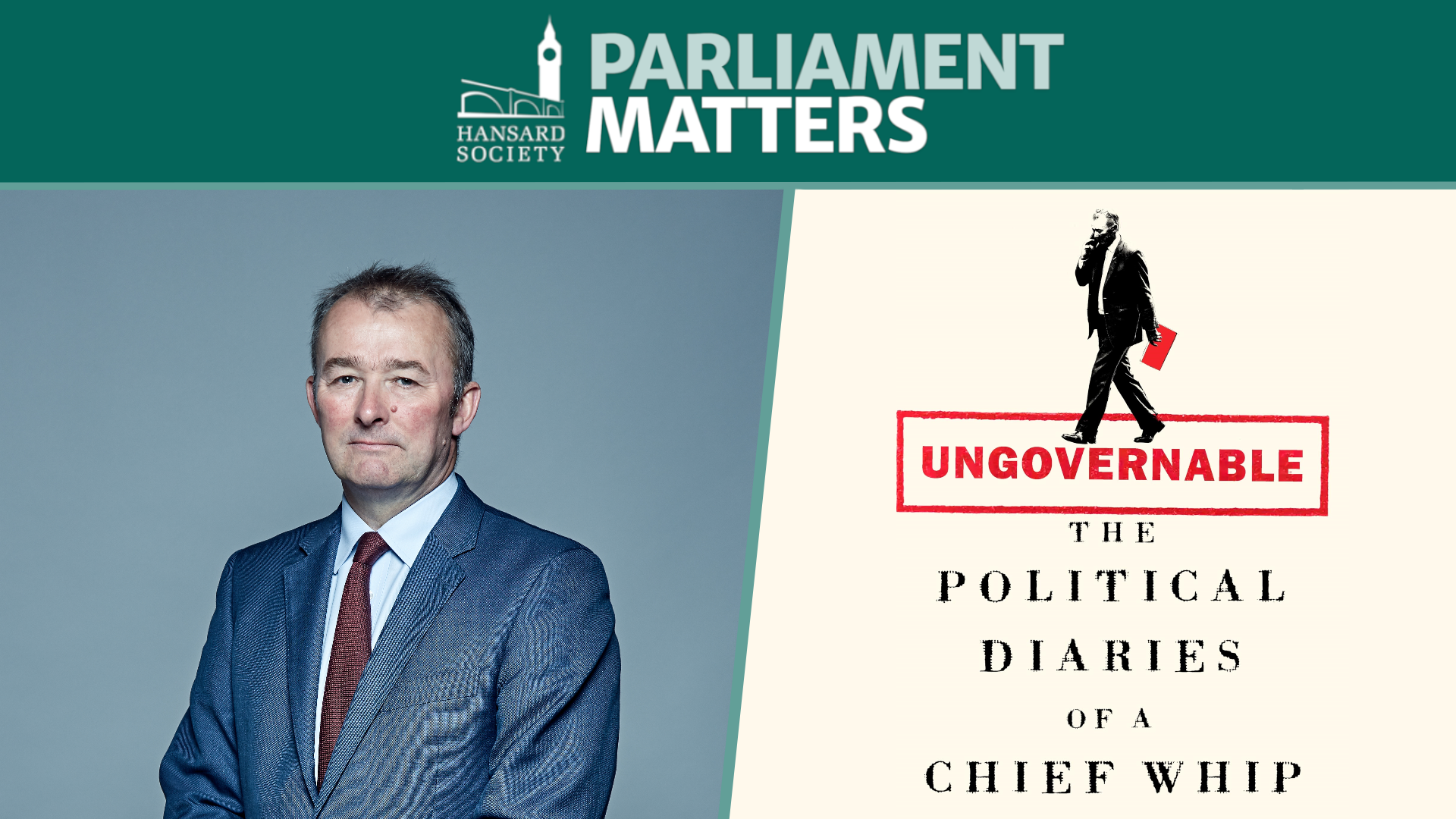Simon Hart: Well, in some ways. I can't explain how it works, which is why it works. And, and it's such a, it's such sort of cryptic expression and, uh, full of mystery. I mean, basically one of the things I, I, I think everybody learns in politics is that nothing happens by accident and that the Whips office has to organize the government's program of, uh, legislation, and that means making sure that we liaise with the opposition, with the speaker's office, with our counterparts in the House of Lords, with other departments so that, for example, if in the King's speech there is a commitment to a bill on digital inclusion, the [00:27:00] usual channel is the system, normally led by the civil service team at the Whips office, that makes that happen. The politics is down to the politicians, but booking a slot for the second reading debate, assigning the right amount of time, making sure that the department knows what its deadlines are, making sure that the speaker's office knows how they are going to organise their part of this, making sure that the House of Lords, our team in the House of Lords knows when the legislation is going to reach them. And roughly, you know, we'd map out roughly when we'd hoped we might try to get to Royal Ascent, might be several months down the line. All of that happens by liaison behind the scenes between civil servants, officials and all the other people I've mentioned. There isn't much of a paper trail about that because it then all becomes public knowledge when all of these things get published on the order paper anyway.




